Understanding Commercial Development Finance
Commercial development finance is a specialised form of commercial finance designed specifically for property development projects. Whether you're planning to buy commercial land, construct a new office building, or develop an industrial property, this type of funding provides the capital needed to bring your vision to life.
Unlike traditional commercial property finance, development finance operates on a progressive drawdown system. This means you receive funds in stages as your project reaches predetermined milestones, helping manage cash flow throughout the construction process.
Types of Commercial Development Projects
Development finance can support various commercial projects:
• Office complexes and retail centres
• Industrial warehouses and manufacturing facilities
• Mixed-use developments combining retail and residential spaces
• Land subdivision projects
• Major renovations and extensions to existing commercial properties
For Doncaster businesses, these opportunities are particularly relevant given the area's ongoing commercial growth and strategic location within Melbourne's eastern corridor.
How Development Finance Differs from Standard Commercial Loans
When applying for a commercial loan for development purposes, you'll encounter several key differences:
Progressive Drawdown Structure
Rather than receiving the full loan amount upfront, funds are released in stages. This protects both lender and borrower, ensuring money is used appropriately throughout the development timeline.
Interest Rate Considerations
Development finance typically carries a variable interest rate that reflects the higher risk nature of construction projects. Some lenders offer the option to fix portions of the rate during certain phases.
Loan Structure Flexibility
Developers often require flexible loan terms that accommodate the unique challenges of construction projects, including potential delays or scope changes.
Secured vs Unsecured Options
Most development finance arrangements involve a secured commercial loan structure, using the development site as collateral. The land being developed typically serves as primary security, with additional collateral sometimes required depending on the project scope and loan amount.
Unsecured commercial loan options are rare in development finance due to the substantial sums involved and extended project timelines.
Key Features of Development Finance
Flexible Repayment Options
Many development loans offer interest-only repayments during the construction phase, with principal repayments commencing once the project is complete and generating income.
Revolving Line of Credit
Some lenders structure development finance as a revolving line of credit, allowing developers to redraw funds as needed within approved limits.
Fixed Interest Rate Periods
While most development finance starts with variable rates, lenders may offer fixed interest rate options for certain phases of the project.
The Application Process
The streamlined application process for development finance involves several key components:
- Project feasibility assessment - Detailed analysis of your development proposal
- Financial documentation - Including cash flow projections and cost estimates
- Professional reports - Valuations, engineering assessments, and council approvals
- Experience verification - Demonstrating relevant development or business experience
Why Use a Mortgage Broker for Development Finance
Working with experienced brokers like Premier Path Finance provides several advantages:
Access to Multiple Lenders
We can access commercial loan options from banks and lenders across Australia, comparing terms and conditions to find suitable matches for your project.
Specialised Knowledge
Development finance involves complex structures and requirements. Professional brokers understand these nuances and can guide you through the process effectively.
Relationship Management
Maintaining relationships with various lenders means we understand their current appetite for different types of development projects.
Planning Your Development Project
Successful development finance applications require thorough preparation:
• Detailed project costings and timelines
• Clear exit strategy (sale, refinance, or hold)
• Appropriate professional team (architects, builders, solicitors)
• Realistic contingency allowances
• Understanding of local market conditions
For Doncaster-based developers, understanding local council requirements and market dynamics is particularly important for project success.
Common Challenges and Solutions
Development projects face unique challenges that proper financing structures can address:
Cash Flow Management
Progressive drawdown structures help manage cash flow by aligning funding with actual project needs.
Cost Variations
Flexible loan terms can accommodate reasonable cost variations that may arise during construction.
Timeline Extensions
Experienced lenders understand that development projects may face delays and structure their facilities accordingly.
Whether you're expanding business operations through property development, buying commercial property for development, or exploring opportunities to buy an industrial property for conversion, the right financing structure is crucial for success.
Development finance requires careful consideration of multiple factors including loan structure, interest rates, security requirements, and repayment terms. The complexity of these arrangements makes professional guidance valuable for achieving optimal outcomes.
Call one of our team or book an appointment at a time that works for you to discuss your commercial development finance requirements.




